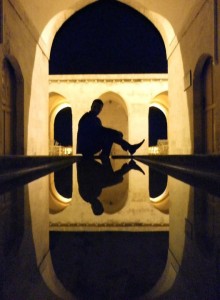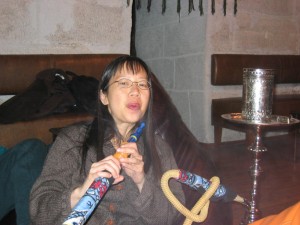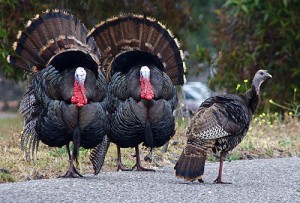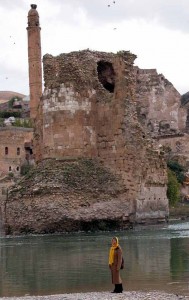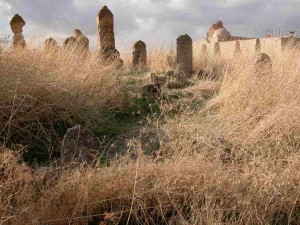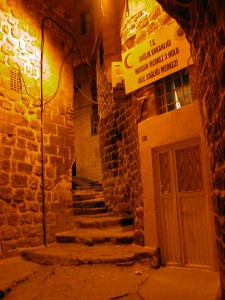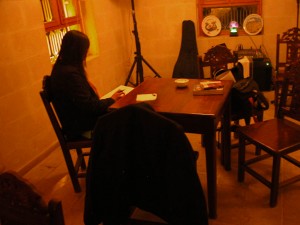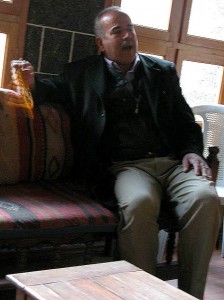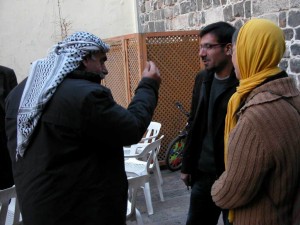 Writers workshops, conferences, editorial services…there are definitely enough activities out there to help a writer write, network, get onto a “platform” and published. The road to success is attainable. Maps and guidebooks are available for purchase. Attending a writers conference is like visiting a place of hope, where you can learn what’s hot in the industry, how to write a best seller and turn it into a money-making series, how to “connect” with fans and keep them, etc. The glory to be the next discovered talent is just a snap of the fingers away.
Writers workshops, conferences, editorial services…there are definitely enough activities out there to help a writer write, network, get onto a “platform” and published. The road to success is attainable. Maps and guidebooks are available for purchase. Attending a writers conference is like visiting a place of hope, where you can learn what’s hot in the industry, how to write a best seller and turn it into a money-making series, how to “connect” with fans and keep them, etc. The glory to be the next discovered talent is just a snap of the fingers away.
But the way of the artist goes on a different paradigm. The urge to create supersedes fame, recognition and money. Attractive and perhaps necessary as these elements are, they cannot replace the continuous need to explore, break through, find the voice within the voice that is the artist’s job.
They say today’s artists have to do everything to make it happen. It may very well be the case. Turning artists into businessmen, the world may not understand that artists are best when they are left to do what they do. But as artists, we must not forget.

